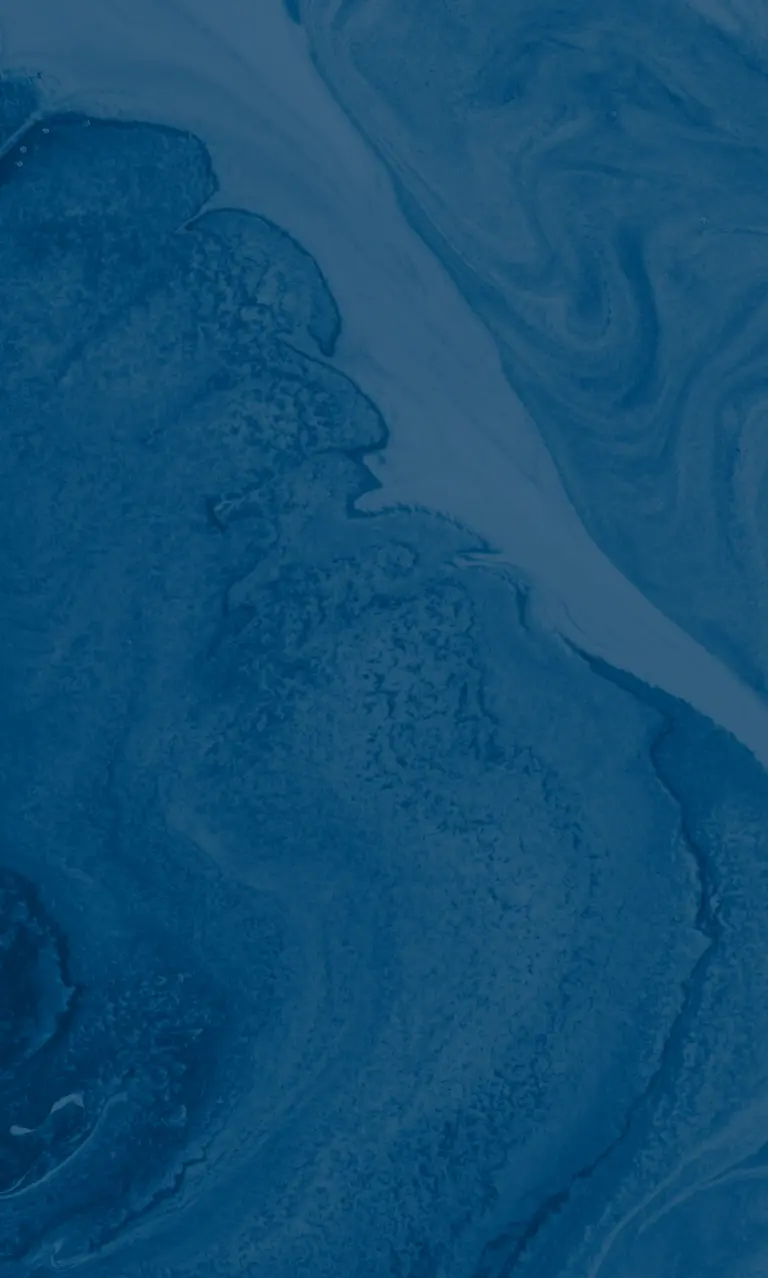MICROPLASTIC Microplastics pollution – detection, risks and remediation at the land-sea interface
Microplastics (MPs) are plastic particles measuring less than 5 mm, which are composed of persistent materials derived from human activity and which accumulate in the marine environment. In particular, they may derive from industrial abrasives and cosmetic exfoliants, plastic pellet precursors, synthetic textile fibres from washing machine effluent, or from the breakdown of larger plastic waste.
The introduction of the Marine Strategy Framework Directive (MSFD) and its goal of achieving “Good Environmental Status” by 2020 will necessitate obtaining reliable data on environmental pollution by MPs for the whole of France’s coastal ecosystem.
In response to this environmental issue, the MICROPLASTIC project is proposing to develop tools for detecting and quantifying MPs and associated pollutants in the marine environment and in catchment areas, and to identify the sources of these. GC-MS analytical tools and isotopic markers developed during the course of the project will make it possible to determine the type and origin of the microplastics. Lastly, the project is planning to model dispersal of MPs in terms of their geographical sources – urban, water catchment and marine – accompanied by “hot spot” forecasting, and to assess their impact on the biota and the functioning of ecosystems. .
During the project, experimental studies will focus on the ecosystem of Brest Bay, an area which extends to almost 180 km², has a high population density, features high concentrations of flora and fauna and is the centre of a large number of economic activities, thus making it potentially affected by microplastics.
The results of modelling contamination sources will represent key data for assisting local policy-making decisions, particularly as regards prioritising the action needed to achieve a good environmental status by 2020.
Partenaires
Entreprise
- Actimar, Brest
- Labocea, Brest
- Veolia Recherche et Innovation, Maisons-Laffitte
- Sispia, Vincennes
- Suez Environnement, Paris [Porteur de projet]
- Evosens, Brest
- Dégrémont, Rueil Malmaison (92)
Centres de recherche
- Laboratoire des sciences de l'Environnement MARin (LEMAR) (UMR 6539 CNRS, UBO, IRD et Ifremer), Brest
- Ifremer, Brest
- CNRS LEMAR UMR 6539 et le laboratoire domaines océaniques, UMR 6538 UBO, Brest
- LOV, Laboratoire de Villefranche sur Mer, Université Pierre et Marie Curie
Autres partenaires
- Brest métropole
- Eau du Ponant, Brest
- Société Publique locale, Brest (29)
Financeurs
- Fonds Unique Interministériel, Région Bretagne, Région Sud, Conseil Départemental du Finistère, Brest métropole, Métropole Toulon Provence Méditerranée
